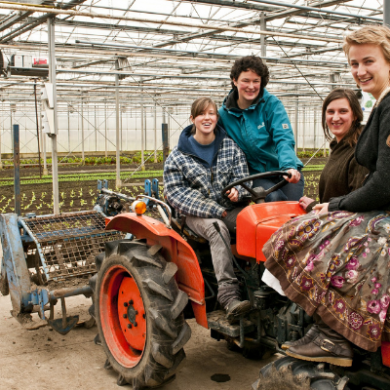
CAP Strategic Plan 2023-2027
The 2023-2027 CAP reform establishes a new approach under which Member States must establish the details of interventions through a strategic plan.
The new CAP retains the essential elements of the previous CAP, but shifts from a policy based on describing the requirements that final beneficiaries must meet to a policy aimed at achieving concrete results, linked to three general objectives:
- Promote a smart, competitive, resilient, and diversified agricultural sector.
- Support and strengthen environmental protection.
- Strengthen the socioeconomic fabric of rural areas.
Monitoring and evaluation of PEPAC
Monitoring and evaluation results generate invaluable information for public institutions, the agri-food sector, and the general public. On the one hand, monitoring provides key information on the implementation of the CAP, and on the other, evaluation assesses the impact of the CAP Strategic Plan (CSPSP) and provides information that informs decisions aimed at improving the effectiveness, efficiency, and coherence of the Plan as a whole and its component interventions. Furthermore, the results and conclusions of the evaluation provide a solid analytical basis for the future design of the CAP.


Rural Development Policies in previous periods
Regarding the previous Rural Development Policies, there are the 2007-2013 programming period and the 2014-2020 programming period.
The 2007-2013 programming period of the Common Agricultural Policy (CAP) focused its objectives on sustainability , rural development , food quality , environmental protection and improving social conditions in the agricultural sector.
The 2014-2020 programming period focused on promoting competitiveness in agriculture ; sustainable management of natural resources and climate action ; and the balanced territorial development of rural communities and economies, including job creation and maintenance .









